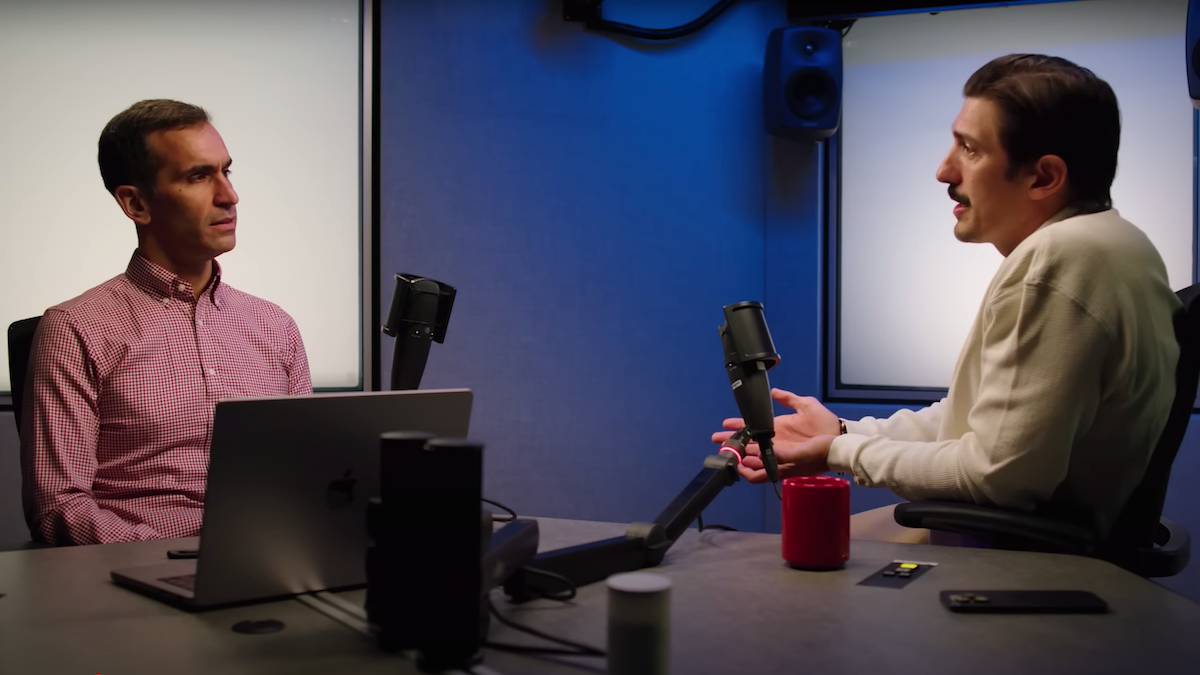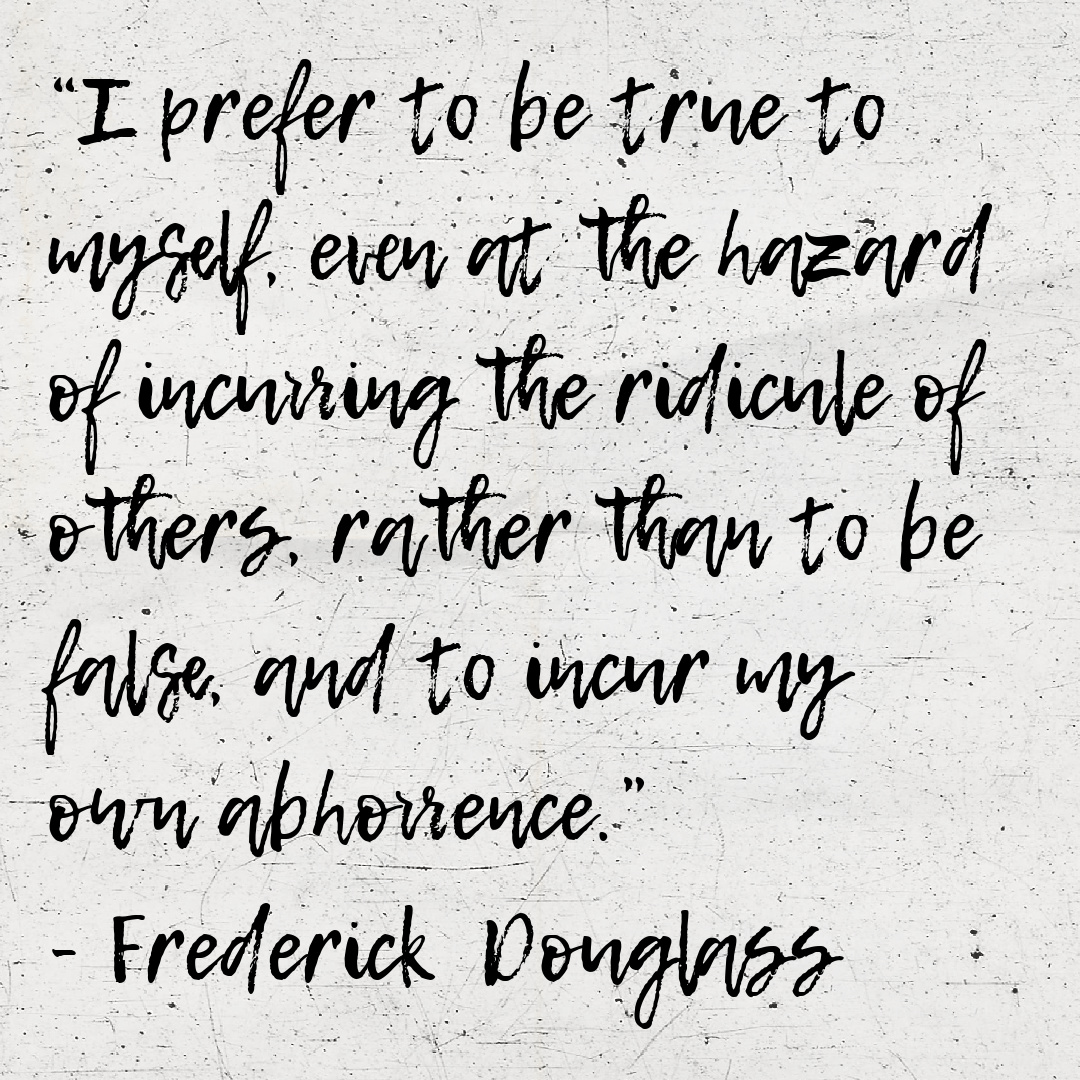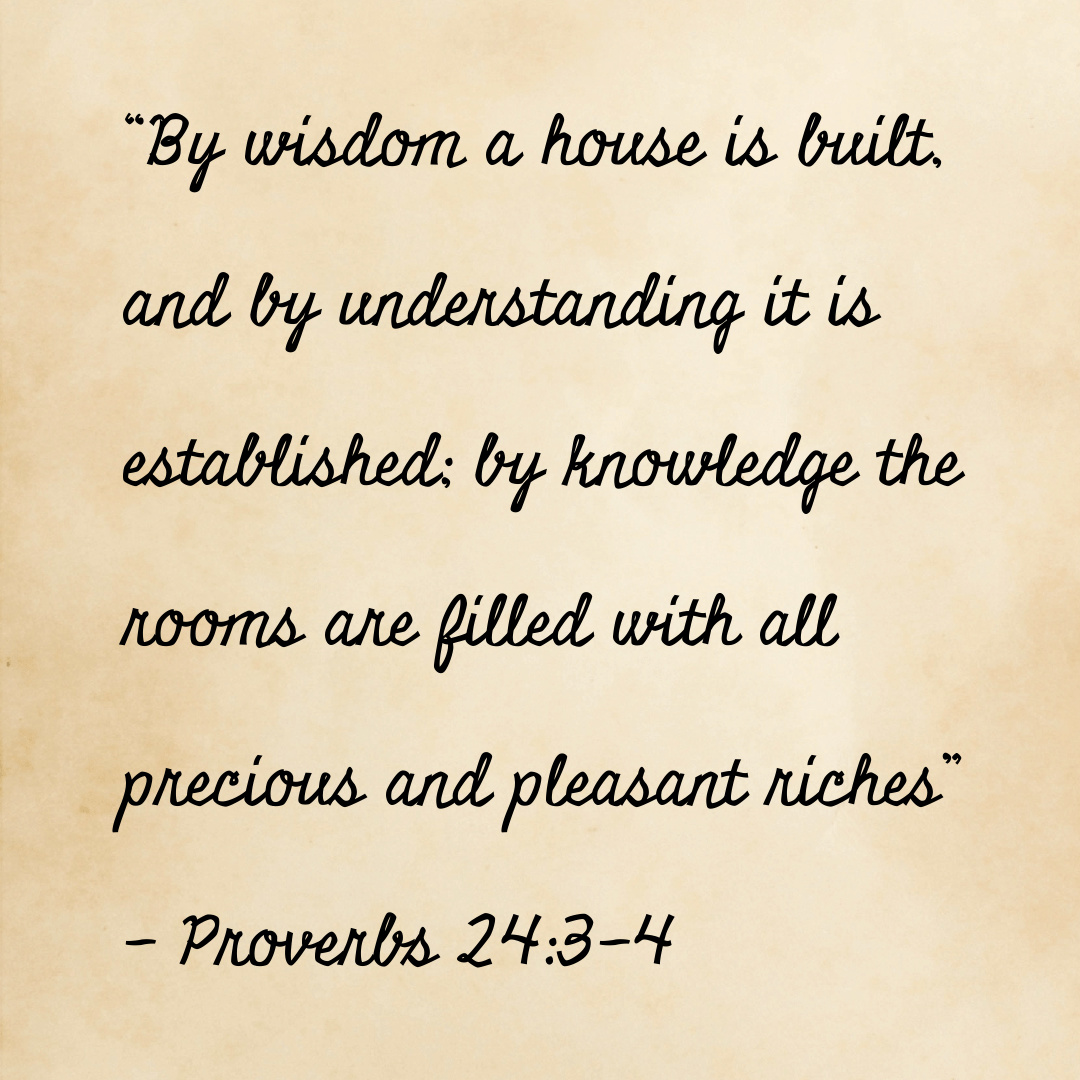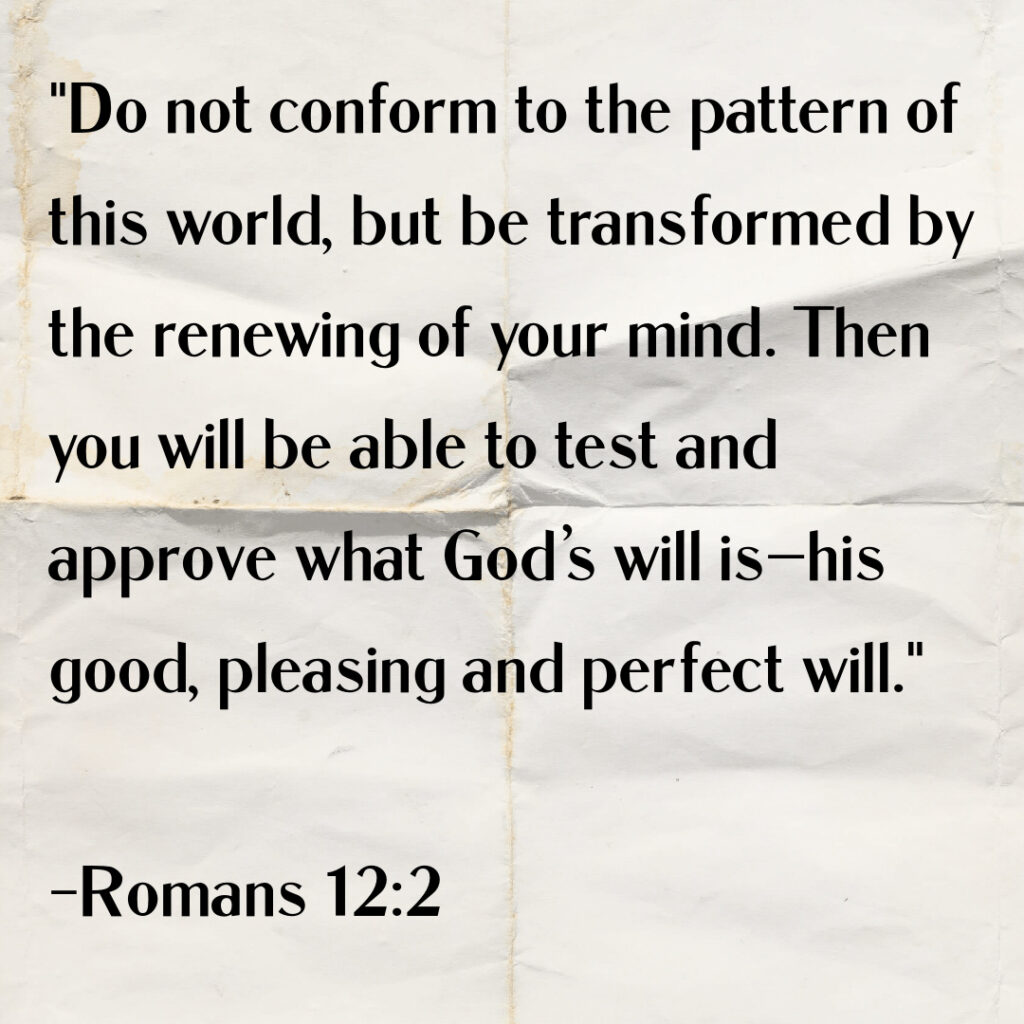Back in June, NY Times journalist David Marchese interviewed comedian Andrew Schulz for The Daily. Though I was only vaguely familiar with the comedian prior to the interview, it was one of the most intriguing podcasts I’ve heard in recent memory, and one I haven’t stopped thinking about since. The show’s subtitle itself is compelling (“Andrew Schulz, ‘Podcast Bro,’ Might Be America’s Foremost Political Journalist”), but perhaps more memorable than the stated subject matter was the way the interview itself unfolded.
Marchese began with questions about the relationship between Schultz and his fans, pointedly asking Schulz whether the comedian’s growing popularity has created a temptation to pander to his audience. But Schulz, sensing hypocrisy in Marchese’s line of questioning, quickly flipped the script on his interviewer, challenging Marchese regarding the nature of his questions and his reasons for asking them. Schulz wondered whether Marchese—in demanding answers from Schulz—was guilty of the very pandering Marchese saw in Schulz: was the Times interviewer asking questions out of genuine curiosity, or was he presenting questions that would be expected and demanded by The Daily‘s (decidedly left-leaning) audience?

What followed was a meandering yet fascinating back-and-forth on the nature of content creation; the fine line between journalism and entertainment; and the sticky in-between place where freedom of speech begins to infringe on the comfort and even safety of others. An overarching theme that ran through the entire interview was this question: what sort of obligation do content-creators—from entertainers to journalists—have to their audience? When and how has the media (and those who are media-adjacent) behaved irresponsibly or recklessly for the sake of preserving trust with their audience? And when (if ever) do the demands of a loyal audience begin to trump the importance of adhering to truth?
It’s rare for an interview to veer into the “meta” territory that Marchese and Schulz tapped into in this podcast, and I immediately recognized the gift of having these two articulate and thoughtful individuals giving voice to ideas that had been jumbling around my own mind. These are questions I had personally begun to ponder long before hearing them discussed in the podcast, and it was refreshing to hear these two having an open (if somewhat combative) dialogue about these subjects of transparency and integrity.

It’s great that these topics are being discussed on giant platforms. But I hope that we are having these conversations on a smaller scale, too—within our friend circles, and in our families, and internally for ourselves. For those of us who are content creators*—especially those of us who claim Jesus as Lord—it is vital that we approach our work with both integrity and authenticity, prioritizing truth above popularity or reputation. That’s not to say that we are given a free pass to use truth as a weapon (I’m a big fan of tactful sensitivity and relationship-preserving kindness), or that there’s never a place for tasteful reticence (nobody wants to watch us as we constantly air out ALL our dirty laundry). But we must never sacrifice our own character and virtues for the sake of mindlessly appeasing those within our circle of influence.
As consumers of content, we also have an obligation, and I’m not talking about holding the creators accountable. (There may be a times when seeking accountability is the right call, but that’s not my point here.) This era of ubiquitous information that is the 21st century demands that we have our eyes wide open and our hearts guarded as we face the onslaught of content that is pouring through our feeds. This is ESPECIALLY true as we begin to confront AI-generated content, where the integrity and character of the content-creator are nearly non-issues and the responsibility around consumption lies entirely with the consumer.

I appreciate Tara-Leigh Cobble’s take on this issue that builds on a metaphor presented in Proverbs (“By wisdom a house is built, and by understanding it is established; by knowledge the rooms are filled with all precious and pleasant riches” [24:3-4]). Tara-Leigh goes on to explain: “Knowledge is having the facts. Understanding is the ability to discern what the facts mean and how they fit together in the big picture. Wisdom is knowing how to apply your knowledge and understanding, translating it into the everyday life of a Christ follower.”
The world of 2025 is heavy on facts [knowledge] but light on discernment [understanding] and even lighter on wisdom [Christ-guided application]. We can easily top off our knowledge cups via a quick TikTok video or Substack binge, but only time spent with God and His Word can supply us with wisdom. And now—perhaps more than any other time in history—it is CRITICAL that we fortify ourselves with God’s wisdom that can help us to filter, understand, and apply the information that is coming our way. THIS is what it means to be a thoughtful consumer.
I’m not sure how much wisdom is factoring into the decisions being made by The Daily, Andrew Schulz, or any of the other ultra-influencers proliferating our feeds and screens. We can pray for thoughtfulness and integrity from those who have a megaphone to the masses. Ultimately, though, it is incumbent upon us as consumers to approach their messages with caution, fully alert to the falsehoods we might be facing and intimately attuned to The Lord’s guiding voice that holds authority over all.

*Please forgive me for the broad stretch that lumps my tiny blog in with the likes of The New York Times; I’m under no delusion that my writing is of the same caliber or level of influence as content from The Daily or Andrew Schulz. But I do take my work seriously and hope that all writers—regardless of the size and reach of our work—would do the same.

